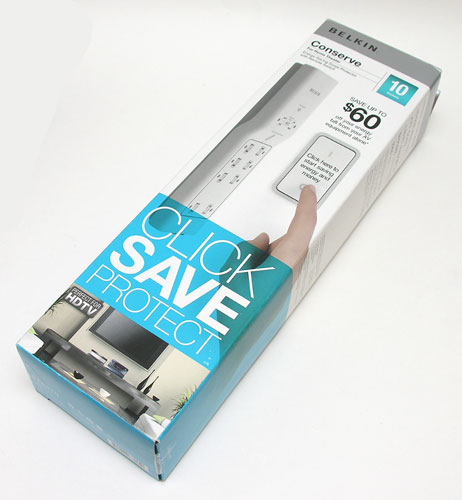Random Acts of Environmental Awareness is my course project about becoming more aware of the environment. But what's that really mean? Well for me it means several things.
It's about understanding the scientific data about environmental issues like Global Climate Change. Be warned that the IPPC reports are a beast to get through, but they hold a wealth of information.
It's about becoming aware of the real affects that global climate change and other environmental issues are having on the planet. The current course reading, Eaarth by Bill McKibben, is putting into harsh reality the scientific data presented in the IPPC reports. Reading the entire novel seems like it's going to be an arduous task, as the first chapter "A New World" has left me utterly deflated and depressed. I think I'm going to need a chocolate bar the size of my head, a stock of funny YouTube videos and a David Sedaris novel to get me through Eaarth.
Starting Small.
Discovering local issues is one important step. For example my town is debating whether or not to change city ordinances to allow chickens. Try not to fall over with laughter when I tell you the old ordinance required 10 acres for 1 chicken. I'm not joking. You can have a horse on 5 acres, but if you want a chicken you need 10 acres!? That's one free-range chicken.
Start out with simple and easy changes like unplugging your unused appliances, switching out your light bulbs, turning of the water while you brush your teeth, and recycling. Small changes add up and they can have a big impact.
Perhaps one of the most important thing you can do is get outside! How are you going to care about the environment or global environmental issues if you stay inside all day? Take time to do any outdoor activity--whatever it is you like to do--go for a walk with your dog, go to a local park or trail, go bike riding, go hiking, go outside and start a garden. While I try to garden, it's only a three month activity in MI and I've found a limited number of plants I cannot kill, lilies and hostas. But, I do love going for walks with my sister and our dog. Going out to different parks, taking my camera and discovering new things with each place we go to.
In summary, this blog is about awareness. Becoming more aware of the environment and environmental issues is the first step toward change. Hopefully, you'll learn something, try out some simple and easy changes, and get outdoors.
-- in media res




